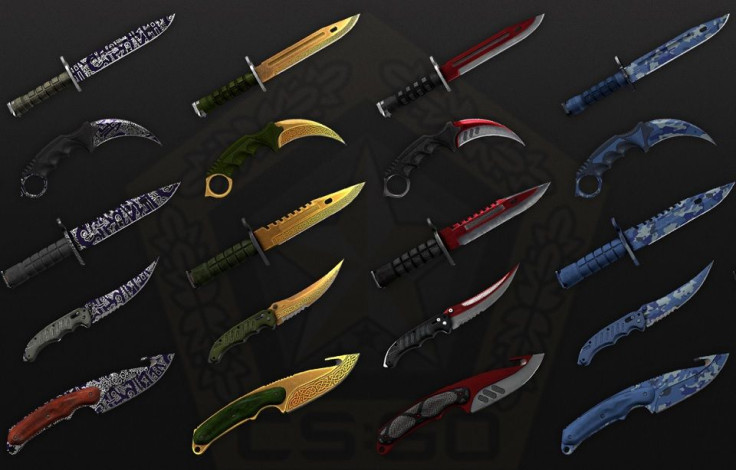After weeks of public debate kicked off by a Counter-Strike: Global Offensive item gambling site owned by CS:GO content creators, Valve has finally weighed in on the controversial practice of using in-game items (in lieu of cash) for online gambling. Unsurprisingly, the company isn’t a big fan, and plans to make life much harder for those running item gambling sites.
Last month, CS:GO player Michael John McLeod filed suit against Valve, accusing the company of being “complicit in creating, sustaining and facilitating [a] market” for item and weapon skin gambling sites. The legal action generated hundreds of headlines and brought a massive amount of attention to a multi-billion dollar (and growing) industry that relies on Steam’s item-trading services. Now, Valve is finally taking steps to signal its disapproval of the controversial practice. And the company’s new plan will make it difficult for some sites to continue operating.
Valve’s Erik Johnson published an update on the matter, clarifying the company’s stance on item gambling and outlining the actions it plans to take to discourage players from taking part. Johnson says Valve originally launched the item-trading service to “make it easier for people to get the items they wanted.” Many players have used the system as intended, to swap in-game items with a friend or to finish a Badge , but some sites are starting to treat Steam items like currency. And Valve is putting them on notice.
Johnson says the sites targeted by Valve are those using automated Steam accounts to replicate the web calls of actual Steam users. As you might expect, the company doesn’t condone the practice, and Johnson says the operators of those sites can expect to hear from Valve in the near future. He also suggests players won’t be safe from repercussions.
“Using the OpenID API and making the same web calls as Steam users to run a gambling business is not allowed by our API nor our user agreements,” Johnson wrote . “We are going to start sending notices to these sites requesting they cease operations through Steam, and further pursue the matter as necessary. Users should probably consider this information as they manage their in-game item inventory and trade activity.”
Be sure to check back with iDigitalTimes.com and follow Scott on Twitter for more Steam news throughout 2016 and however long Valve’s digital marketplace is around in the years to come.

















![[EG April 19] Best 'Stardew Valley' Mods That Will Change](https://d.player.one/en/full/226012/eg-april-19-best-stardew-valley-mods-that-will-change.png?w=380&h=275&f=955520b8313253ee3c39c791f6210f38)
